My Life As An African-American Teenager
The start of change for the treatment, for the oppression, and hate most of you can not fathom.
February 10, 2022
BLM, what does it mean? Many of us know it as the organization founded by Patrisse Cullors, Alicia Garza, and Opal Tometi. Many people, some of whom we know and love, know it to mean much more than just an organization.
The oppression that POC and African Americans have faced, has been well documented within American history, though many seem to think of it as a relic of centuries ago. Recently, people have been speaking up to invoke a change. In August of 2014, a young African American named Michael Brown was shot and killed by a police officer in Ferguson, Missouri. I lived around 15 minutes away from the location of the incident. Once people started protesting and rioting as they may say “in the name of justice,” the image and reputation of Ferguson was forever changed.
Black Lives Matter is not an organization made to organize protests and “incite violence” as many people claim. Black Lives Matter is a movement, designed and created to be a start of change— the start of change for the treatment, for the oppression, and hate, that the average non-minority person cannot fathom. It means that the lives of Black people are being treated as though they don’t matter.
Black Lives Matter is not limited to the box many people choose to confine it to. BLM is a movement that strives to combat the hate shown by police and the justice system.
I believe not all policemen are bad. BLM doesn’t mean “all cops are bad people,” but that cops are complicit in a system that treats black lives as though they are not worth protecting as much. It is a substitute for saying “please treat us like the human beings we are.”
America needs to wake up and recognize that racism is a real thing that is still a part of our society. It happens every day to people across the nation; the people you know and care about.
For those of you who claim to be my friend and or claim to care about me, yet sit there and choose to be insensitive to my skin color, you are not what you claim to be.
Racism is the act and or the practice of seeing another race of people as less than you, simply because they are a different color. It is applying stereotyped, prejudice, and even violence, to people because of the color of thier skin.
And when people are called racist, they instantly tie it to acts of violence and extreme words. In reality, racism is practiced in many degrees.
I live in Wentzville, which is predominately white. You can imagine how I can not go a day without expereincing racial insensitivity. I have grown used to going to school and expecting something like that to break me down piece by piece.
In my life, I have experienced racism to almost every degree. Yet the one that seems to be everyone’s favorite is passive racism, also known as covert racism. Why everyone chooses this to be the only form of violence, they instill in me is beyond my knowledge.
To put in perspective for everyone, passive racism is when something does and or says something that is racially insensitive. For example, let’s imagine it’s summer, and your friends are around you and they are talking about how tan they have all gotten. One of them turns to you and puts their arm next to yours and says, “Wow I’m almost as dark as you.” That is racially insensitive. As for passive racism, I would be assuming because I am African American and adopted, I am from Africa. I bet you can guess how many times I have heard these in my life.
Being a teenager already comes with its challenges, and dealing with racism on a daily basis doesn’t help. I have had a few experiences which have stuck with me, one of them in particular I feel should really be shared.
I was with a group of friends at my school and we were playing tennis and just minding your business. Now everyone who attends my school knows that people drive by and shout things all the time. So in this instance, being shouted at was normal, but then saying “F you N-word” was nothing I could even imagine to be said.
As you could imagine, the shock and horror I felt, yet surprisingly so, I felt more embarrassed than anything else. I felt more embarrassed than sad or angry because I was with my friends and they had to second handedly experience my pain of being an African American teenager living in Wentzville. And that doesn’t even begin to cover how easily teenagers throw around slurs in personal conversations during the school day.
Looking back at this, I realize how sad it is that I am so used to being discriminated against by my peers and adults that I was not angry. I was still thinking about how my friends were feeling, not about what happened to me. Most African Americans and people of color, especially teenagers, have grown to expect the stupidity we call racism.
When moments like these happen, it is so common for people, mostly adults, to say “Oh don’t let it get to you,” or “ You are better than them,” or “They are just being ignorant,” etc. They don’t realize that although they are trying to make me feel better, they are just minimizing the pain I feeel. By saying those things, they are really saying, “Yeah, they said something racist to you but just let it go, it’s not a big deal.”
Excusing this behavior because “it is the way things have always been” is a poor and cowardly way to confront this issue. I feel this because telling someone who has been bullied repeatedly by their society to just let it go, is excusing behavior that should not be acceptable.
If there is anything to learn from my experience, it would be to examine your own definitions and understanding of racism. It is not only important to not be racist, but to be anti-racist. Stop telling POC and African Americans to just let their experiences go and be the better person. Learn to think about your words and actions towards people of color before you do so. And please see them as who they are, recognize they are a person of color, and respect that, but do not limit them for that. They are experts in their own experience, and you cannot erase history, however hard you try.


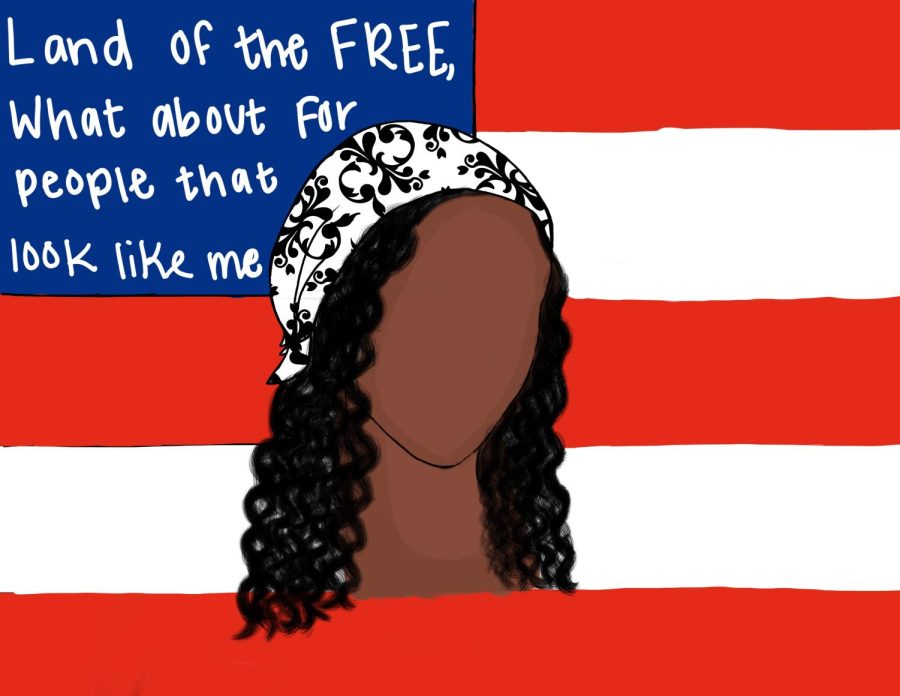
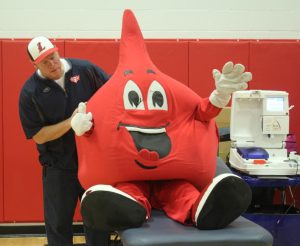
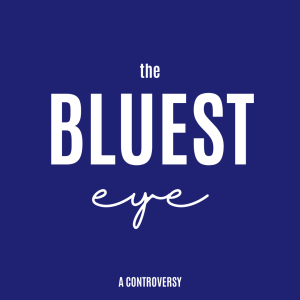
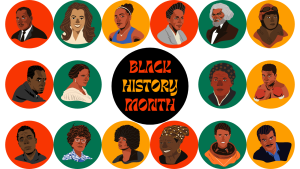
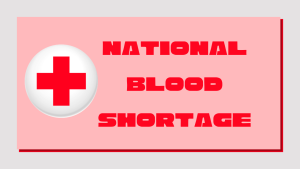
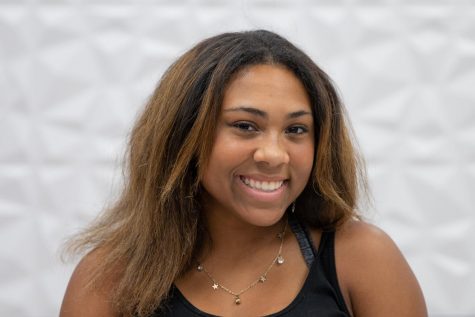

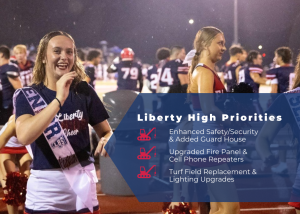

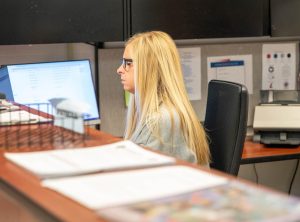
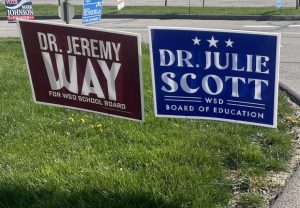

Carter Datz | Feb 12, 2022 at 7:03 am
Thanks for being brave and sharing your experiences, Kira. Being a teenager is hard enough – you shouldn’t have to deal with passive or overt racism on top of that. I hope your courage inspires others to share their stories!